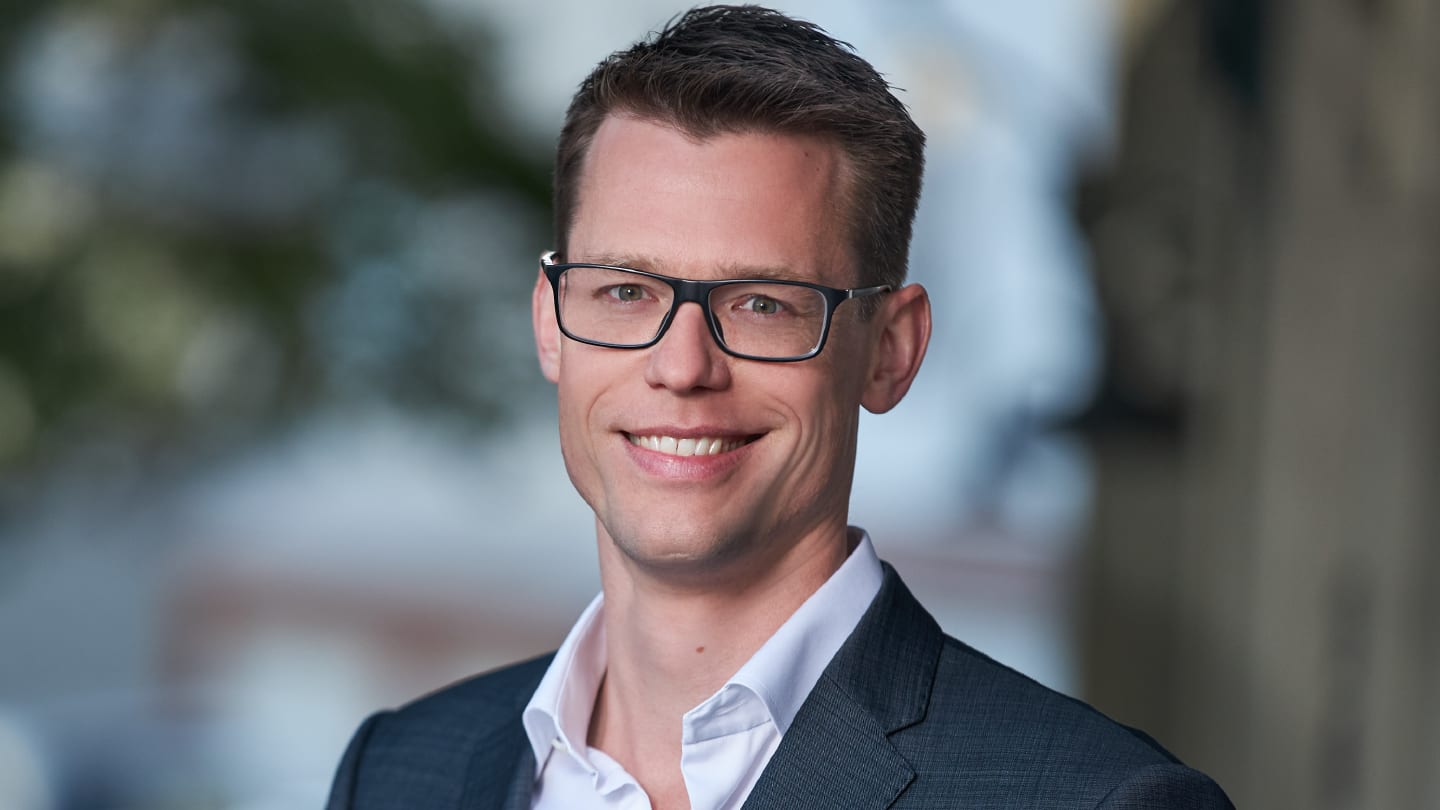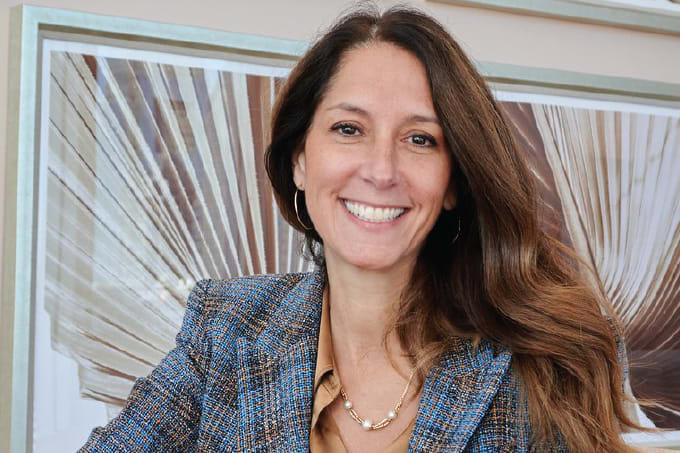
“Strong science, a pipeline worth scaling, and a willingness to embrace automation.”
Cell therapy’s promise has never been greater, but scaling it safely and affordably remains a central bottleneck. Cellares Co-founder and CEO (and Power Lister) Fabian Gerlinghaus believes automation is key to overcoming that barrier. Speaking with The Medicine Maker, he discusses what it takes to move from concept to commercial manufacturing, and what he has learned from CAR T pioneers like Carl June.
You recently worked alongside Carl June in Reuters’ Global Health Initiative. How did that collaboration come about and what did you learn from it?
Carl has been an advisor to Cellares for more than five years. What I’ve learned from him is clarity on first principles. His point is simple but profound: you cannot go safer than a patient’s own cells, and for solid tumors, ex vivo autologous manufacturing will always be essential because multiple, precise edits are required. That perspective has reinforced our conviction to invest in automated manufacturing and QC, closing the loop between production and testing, and enabling safe, durable, and scalable cell therapy.
What other prominent cell therapy researchers are you working with?
We’re fortunate to work with our pharma partners at Bristol Myers Squibb and Kite/Gilead, as well as biotech collaborators such as Cabaletta and Lyell. We also engage with academic centers, including the Karolinska Institute and others in Europe that are advancing translational programs. The unifying thread is that everyone is wrestling with the same bottleneck: how to get promising therapies through the clinic and into the hands of patients faster.
What are some of your standout career moments?
Signing the $380 million global manufacturing deal with Bristol Myers Squibb was a watershed moment. It showed that our technology and model were credible at a commercial scale. Another standout was being the first to receive the FDA’s Advanced Manufacturing Technology designation for the Cell Shuttle, which was an unprecedented regulatory recognition that provides our partners priority interactions and faster reviews.
I’m proud of how we’ve grown Cellares from stealth to multiple large pharma contracts, with three smart factories under construction worldwide. Each site is designed to manufacture at 10 times the scale and at 50 percent lower cost than conventional CDMOs, while reducing labor and facility needs by about 90 percent. That’s what makes it feasible to meet the total patient demand for cell therapies globally.
What are you working on at the moment?
We’re laser-focused on execution. That means finishing the build-out of our global smart factory network in the US, Europe, and Japan, and operationalizing both the Cell Shuttle and Cell Q at commercial scale. The immediate goal is to support tens of thousands of patient doses annually, expanding into autoimmune diseases where demand can reach 100,000 patients per year per drug.
What are the major challenges in realizing/scaling these projects, and what do you look for in potential partners that will help get them off the ground?
The challenges are twofold: capital intensity and the need for trust. Scaling to global capacity requires billions in infrastructure if you try to do it manually. Our mission is to eliminate most of that overhead, but it still requires long-term commitment. We look for partners who share our sense of urgency and companies that understand patients are dying on the waitlist; we look for partners who want to help industrialize this field. What we bring is engineering rigor and regulatory validation; what we look for are partners with strong science, a pipeline worth scaling, and a willingness to embrace automation to make cures widely accessible.




